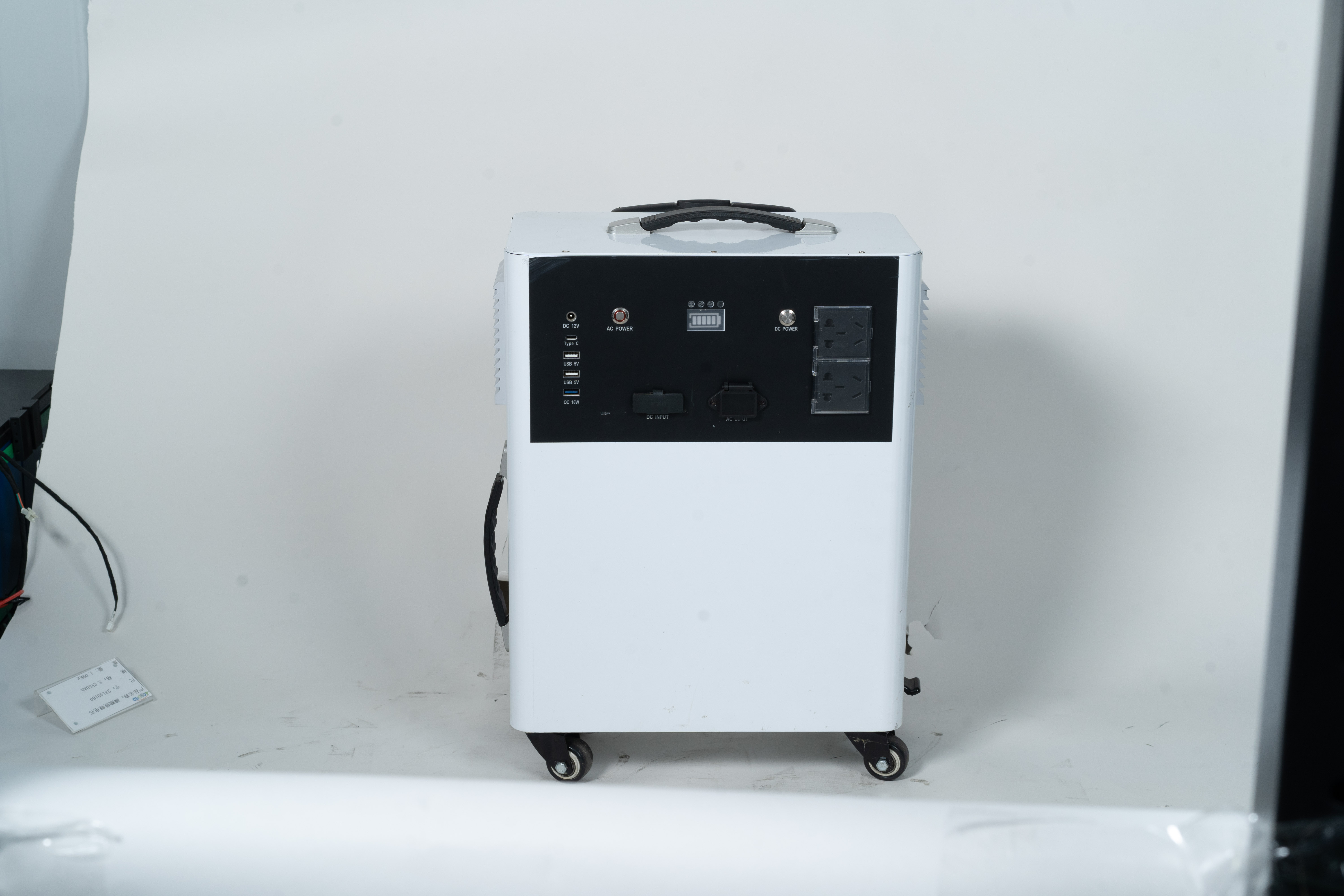Uninterruptible Power Supply (UPS) systems are essential for maintaining continuous power supply to critical equipment and systems in various industries. These systems ensure that power outages or fluctuations do not disrupt operations, preventing potential damage to equipment and data loss. At the heart of every UPS system lies the UPS battery, which plays a crucial role in providing backup power during power interruptions. In this article, we will delve into the details of UPS batteries, their types, working principles, maintenance, and their importance in ensuring uninterrupted power supply.

Types of UPS Batteries:
Lead-Acid Batteries: Lead-acid batteries are the most common type of UPS batteries. They are cost-effective and reliable, making them suitable for a wide range of applications. These batteries consist of lead plates submerged in a sulfuric acid electrolyte. They can be further categorized into two types: Flooded Lead-Acid (FLA) batteries and Valve-Regulated Lead-Acid (VRLA) batteries.
Lithium-Ion Batteries: Lithium-ion batteries are known for their high energy density, long lifespan, and compact size. They are ideal for applications where space is limited, and weight is a concern. These batteries use lithium metal or lithium-ion compounds as the electrode material.
Nickel-Cadmium (NiCd) Batteries: NiCd batteries are less common due to environmental concerns related to cadmium toxicity. However, they offer excellent discharge rates and can operate effectively in a wide range of temperatures.
Nickel-Metal Hydride (NiMH) Batteries: NiMH batteries are an eco-friendly alternative to NiCd batteries. They offer higher energy density and lower self-discharge rates, making them suitable for UPS applications.
Working Principle of UPS Batteries:
UPS batteries work on the principle of energy storage and conversion. During normal operation, the UPS battery is kept charged by the AC power source. When a power outage occurs, the battery discharges, providing DC power to the UPS inverter. The inverter then converts the DC power into AC power, which is supplied to the connected equipment.
Maintenance of UPS Batteries:
Proper maintenance of UPS batteries is crucial for ensuring their optimal performance and longevity. Some key maintenance practices include:
Regular Battery Testing: Conducting regular battery tests, such as capacity tests and impedance tests, can help identify potential issues and determine the health of the battery.
Monitoring Battery Voltage and Temperature: Keeping an eye on battery voltage and temperature can help detect any abnormalities that may affect the battery’s performance.
Cleaning and Inspections: Regularly inspecting the battery and its connections, as well as cleaning any dust or debris, can prevent potential issues.
Replacement Schedule: UPS batteries have a limited lifespan, typically ranging from 3 to 5 years. It is important to replace batteries as recommended by the manufacturer to ensure reliable backup power.
Importance of UPS Batteries:
UPS batteries play a vital role in ensuring uninterrupted power supply to critical systems and equipment. Some key reasons highlighting the importance of UPS batteries include:
Protection against Power Outages: UPS batteries provide immediate backup power during power outages, preventing any disruption to operations.
Voltage Regulation: UPS batteries help stabilize voltage fluctuations, protecting sensitive equipment from potential damage.
Surge Protection: UPS systems equipped with batteries offer protection against power surges, which can occur due to lightning strikes or grid disturbances.
Safe Equipment Shutdown: In the event of a prolonged power outage, UPS batteries allow for a safe shutdown of connected equipment, preventing data loss and reducing the risk of damage.
In conclusion, UPS batteries are a critical component of uninterrupted power supply systems. Understanding the different types of UPS batteries, their working principles, and maintenance practices is essential for ensuring reliable backup power. Proper care and maintenance of UPS batteries can significantly extend their lifespan and improve the overall performance of the UPS system.